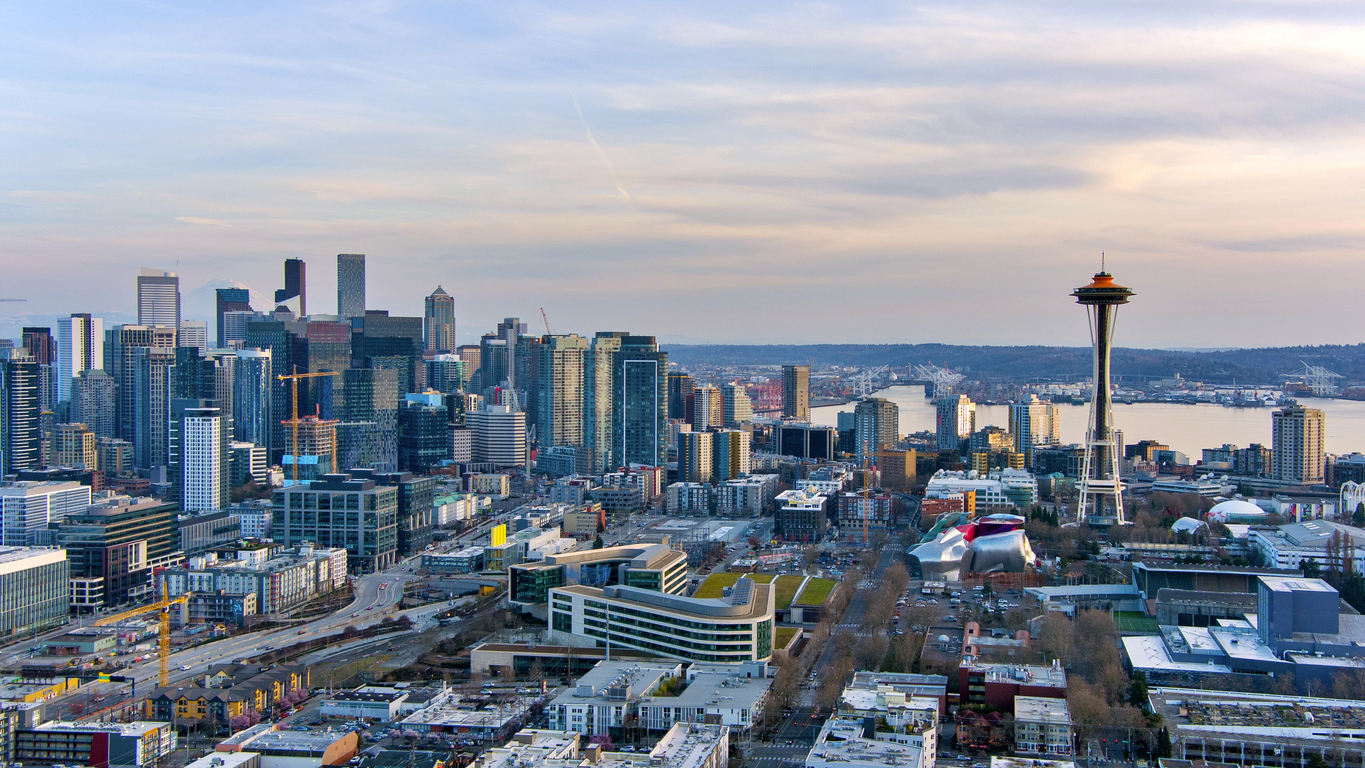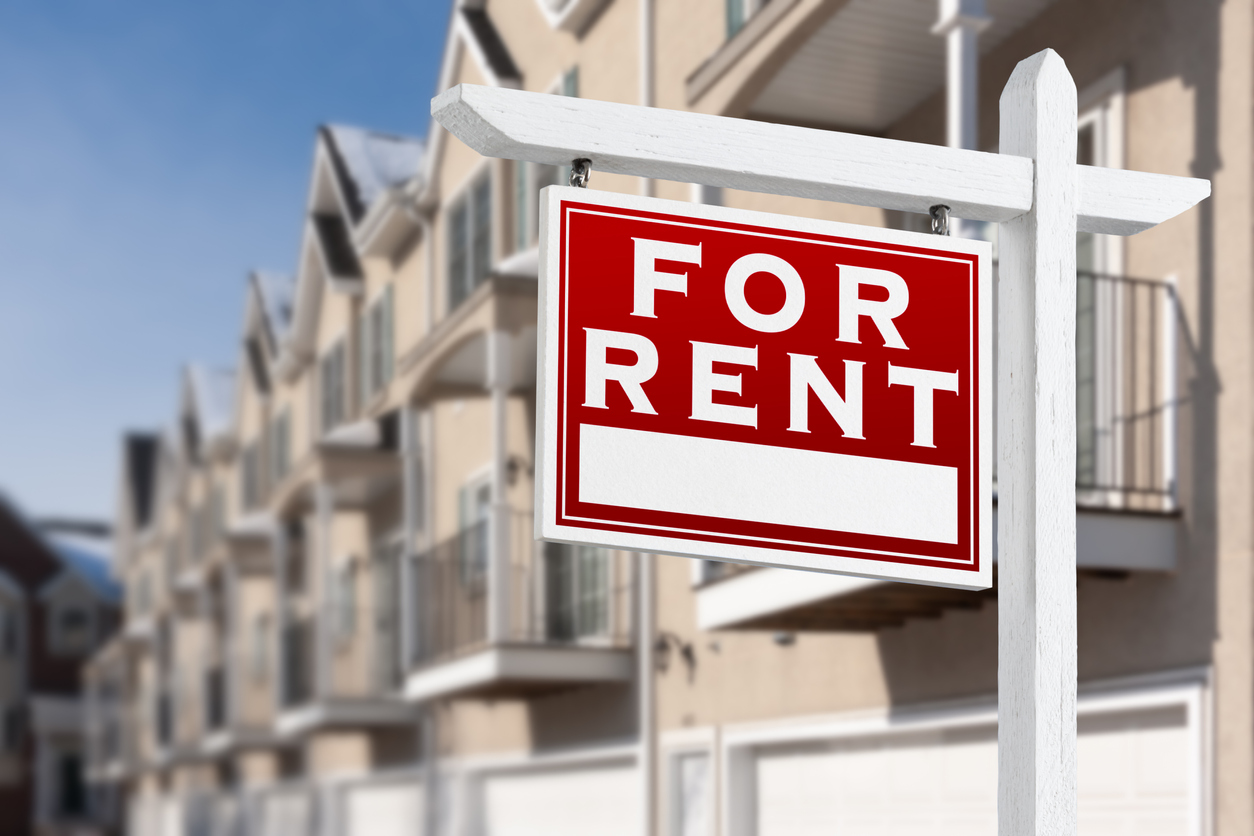Related Articles
International consulting firm KPMG recently released, "Competitive Alternatives," a new study gauging several city's competitive advantages and disadvantages in the global marketplace. Seattle scored relatively well in overall U.S. average scores, but ranked poorly among the 20 largest metropolitan areas. We also ranked 13th most expensive city among the top 41 global cities. Tokyo was the most expensive -- San Francisco the worst U.S. city; while Monterrey, Mexico was the lowest-cost city overall, Tampa, Florida earning top spot among U.S. cities.
This is important as businesses that rely on major metropolitan areas look for competitive alternatives, Seattle doesn't appear to be among the more competitive cities. The study looks at several different factors, mainly tax burden, labor costs, facility costs, transportation costs, utility costs, va! rious HR rules and regulations and overall public policy.
One startling finding, however, shows that the U.S. in general is not competitive in several areas. In manufacturing, Canada, the Netherlands and Australia lead in the effective corporate tax rate category. In Corporate and IT Services, again Canada, the Netherlands and the UK lead. The U.S. does register well in R&D tax credits, but that's about it. We've written before about the need for corporate tax reform in the U.S. We simply aren't competitive in that category on a global scale. And Washington state would directly benefit from that because, as Governor Gregoire has said repeatedly, we are a global-oriented state. We do more business abroad per capita than any other state.
Washington state would greatly benefit from ! federal corporate tax reform. It would make Seattle and the Ev! ergreen State an even more appealing place to start or expand a business.




